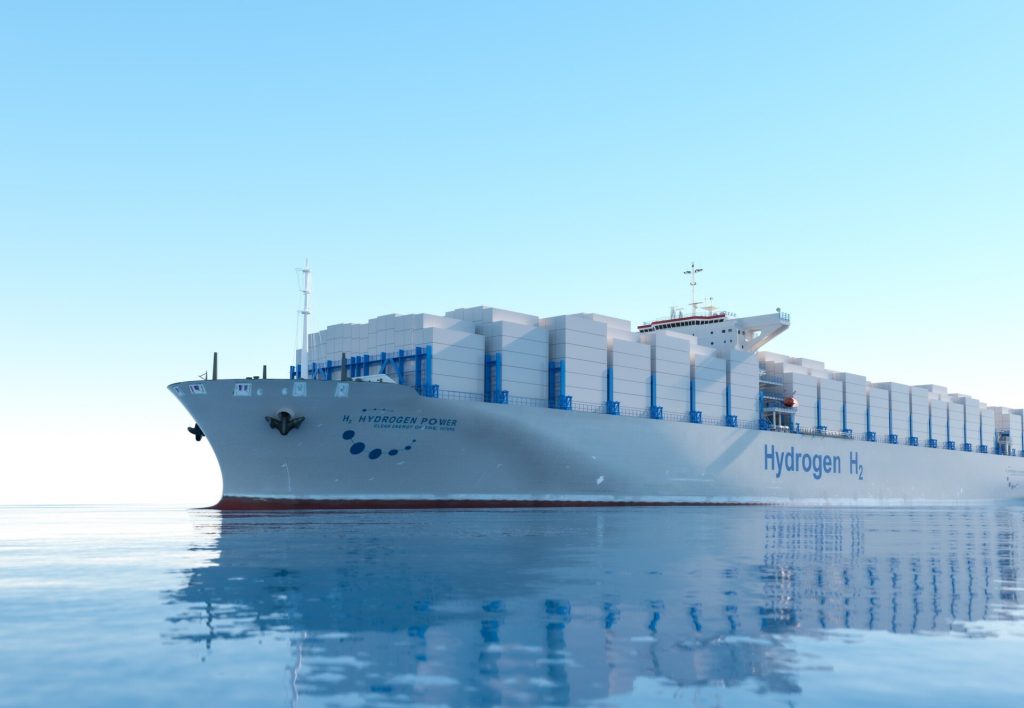Shipping: Attaining EU goals in hydrogen production encounters challenges

Europe is unlikely to meet its 2030 hydrogen production targets, despite significant ambitions and funding commitments.
According to a research by Westwood Global Energy Group, a specialist energy market research and advisory firm, in a new white paper, entitled “The Future of Hydrogen in Europe: How Much is Realistically Achievable?”, only 17% of planned EU projects are expected to be implemented without intervention, as regulatory delays, rising costs and weak demand significantly hamper progress – with 23 hydrogen projects totalling 29.2 GW (LHV) already halted or cancelled by the end of 2024.
The UK market presents a similar image, with Westwood estimating the range of potential deliveries to range between 1%-24% of projects by 2030, highlighting the significant policy, funding and mandate deficit.
The research revealed that less than a fifth of EU hydrogen projects can be operational by 2030, without urgent action in three critical areas: policy framework, financing mechanisms and demand-side mandates.
Jun Sasamura, hydrogen head at Westwood, said in a statement: “The gap between ambition and reality in the hydrogen sector in Europe is widening. While the targets are necessary, they will remain unachievable unless the political landscape changes. For the UK in particular, without closer coordination and a clearer approach focused on the demand side there is a potential risk of being left behind.”
Use in shipping
Hydrogen has a long history of use in a wide variety of industries outside of shipping, and the majority of its use today is in sectors such as oil refining and the production of ammonia and methanol.
Understanding hydrogen and its safety-related properties in a maritime context will be key to its safe and effective introduction as a fuel on board ships.
A key challenge is to avoid the chain of events that can lead to an explosion, the potential consequences of which could be severe.
There are currently no detailed IMO regulations supporting flag State approval for ships using hydrogen as a fuel.
IMO adopted the first version of non-mandatory interim guidelines for ammonia in late 2024 and will continue the development of similar guidelines for hydrogen in 2025.
Οι απόψεις που εκφράζονται στα σχόλια των άρθρων δεν απηχούν κατ’ ανάγκη τις απόψεις της ιστοσελίδας μας, το οποίο ως εκ τούτου δεν φέρει καμία ευθύνη. Για τα άρθρα που αναδημοσιεύονται εδώ με πηγή, ουδεμία ευθύνη εκ του νόμου φέρουμε καθώς απηχούν αποκλειστικά τις απόψεις των συντακτών τους και δεν δεσμεύουν καθ’ οιονδήποτε τρόπο την ιστοσελίδα.




